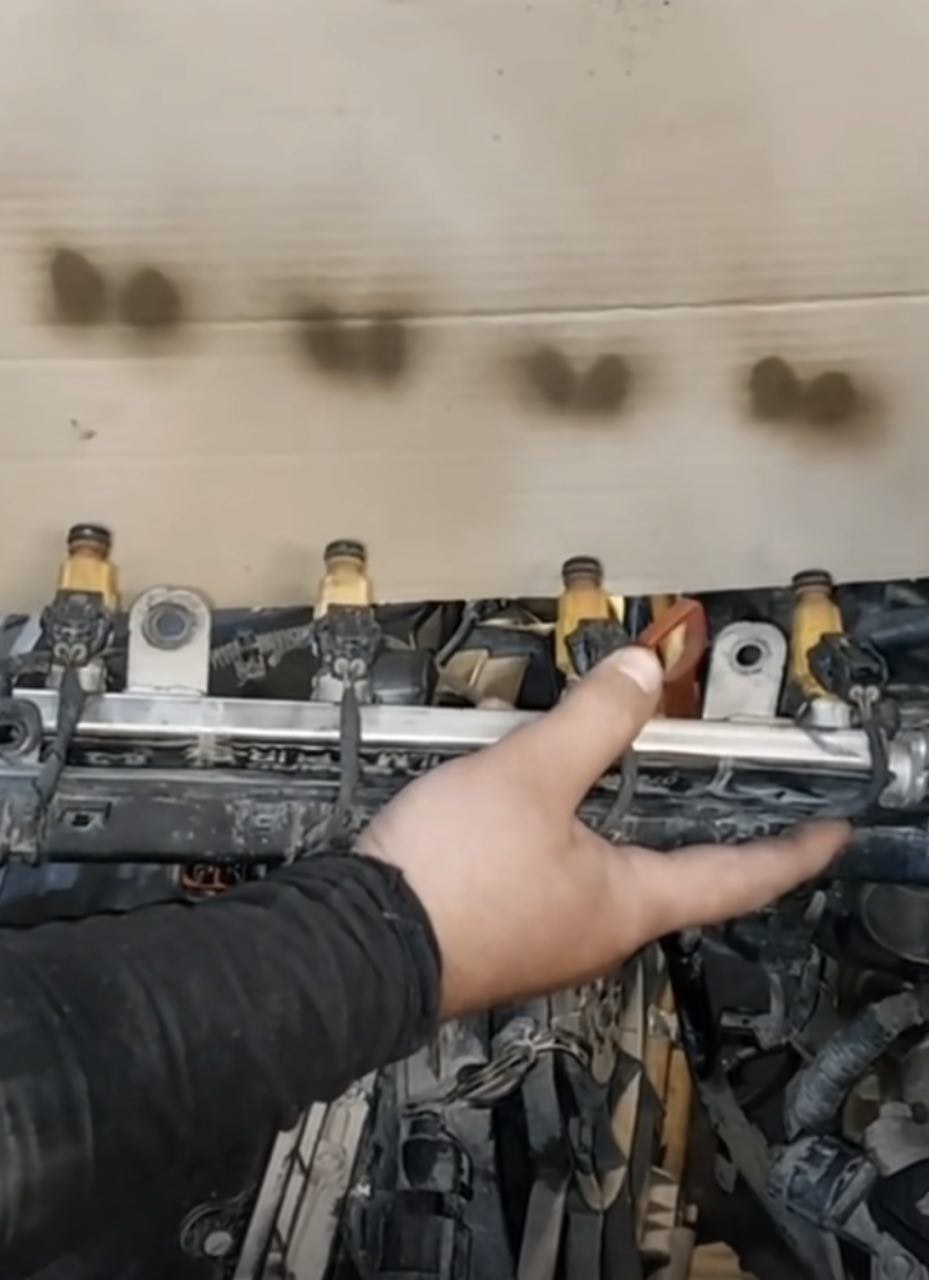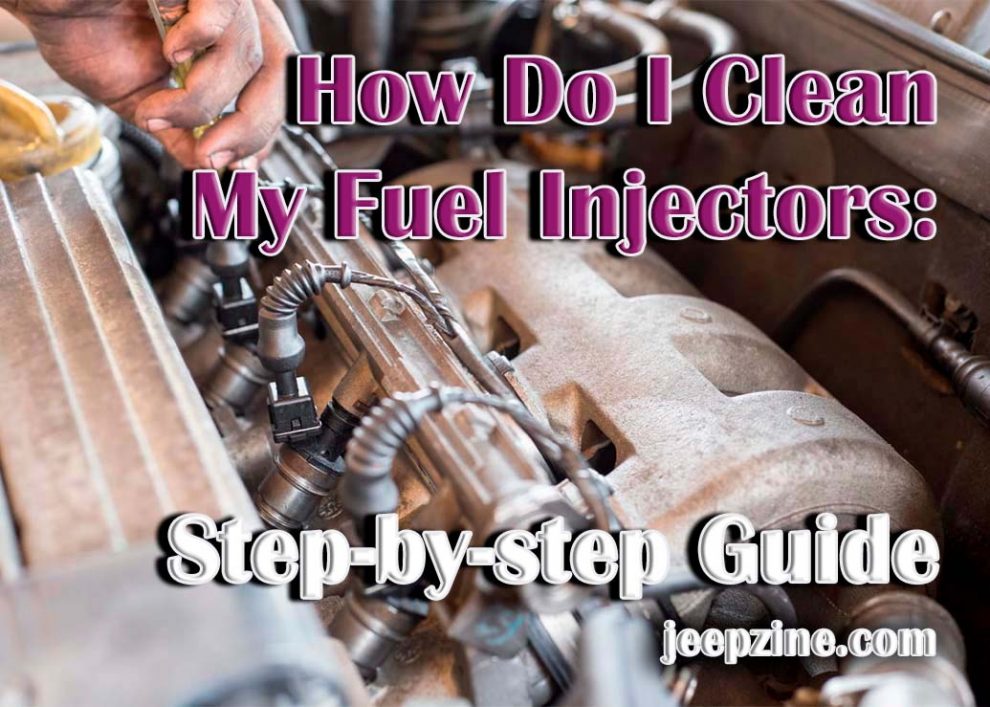Fuel injectors are small devices located in the engine of a vehicle that helps to mix air and fuel before it is sent to the combustion chamber. Over time, these components can become clogged or even damaged due to buildup of dirt and debris, causing them to run less efficiently. Cleaning your fuel injectors is necessary to maintain optimal performance. This guide will provide you with step-by-step instructions on how to properly clean your fuel injectors and information about common causes of poor performance.
What Are Fuel Injectors?
Fuel injectors are small valves that deliver gasoline into your engine’s intake manifold as part of the fuel delivery system. They work by opening and closing very rapidly, allowing tiny droplets of gasoline or diesel into the cylinder at precisely calculated intervals based on the input from sensors located in various parts of the engine, such as temperature, pressure, camshaft position etc. By doing this they ensure that the correct air/fuel ratio is always maintained for maximum efficiency.
Tools Needed for Cleaning Fuel Injectors

-
A fuel system cleaner specifically designed for use with fuel injectors
-
A wire brush or small stiff brush
-
An air compressor or compressed air canister
-
Rags or paper towels
-
Protective gloves and safety glasses
Finally, an automotive scan tool is highly recommended to monitor the engine’s performance during fuel injection cleaning.
How Do I Clean My Fuel Injectors
If you’ve determined that your fuel injectors need to be cleaned, here are the steps you should take to do it properly:
-
Disconnect the fuel injectors from the manifold.
-
Follow the manufacturer’s instructions to connect the fuel injectors to the cleaning machine.
-
Run cleaning solvent through the system to break down any contaminants and flush them out.
-
Inspect each injector for any damage or clogs and replace them, if necessary, before re-installing them in the engine block.
-
Reconnect all fuel lines and start your engine to check that it is running correctly, using a scan tool to monitor performance during this process.
-
Finally, reset any fault codes using a scan tool if necessary, and you’re done!
Common Causes of Poorly Performing Fuel Injectors
Fuel injectors are one of the most important components of an engine, as they ensure that fuel is delivered correctly and at the right time. Unfortunately, there are several causes that can lead to poor performance from fuel injectors. The most common causes include clogged filters, faulty wiring, or a dirty mass air flow sensor. Clogged filters can prevent the necessary amount of fuel from entering the engine, leading to reduced power or performance issues. Faulty wiring can cause misfires, while a dirty mass air flow sensor can cause incorrect readings or readings that are too high or too low. In addition to these more common causes, there may be underlying issues such as low oil pressure or other mechanical problems with the engine itself which could also lead to poor performance from fuel injectors. Also read here How Much Octane Booster to Add.
Final Thoughts
In summary, fuel injectors are a key part of your vehicle’s fuel delivery system and need to be kept in good condition to ensure optimal performance. Cleaning your fuel injectors regularly is the best way to prevent any potential problems, and following the steps outlined above will help you do just that. Additionally, it’s essential to pay attention to any warning signs that your vehicle may be giving you so that you can identify any issues before they become too serious. With proper maintenance and regular cleaning, you can ensure that your vehicle continues to perform optimally for years.

